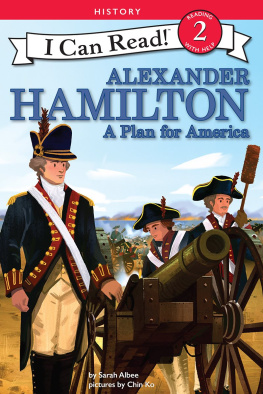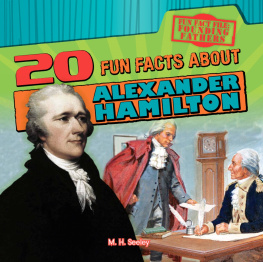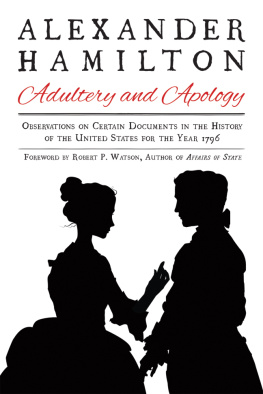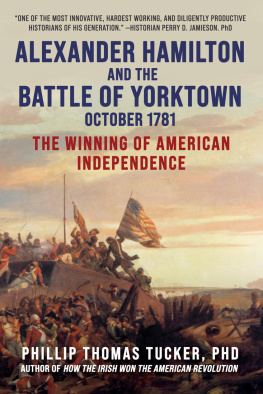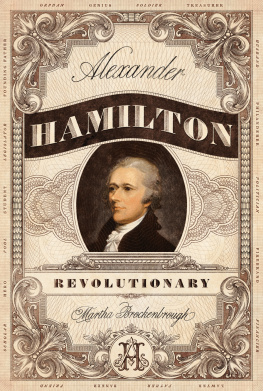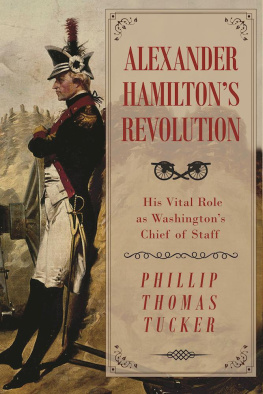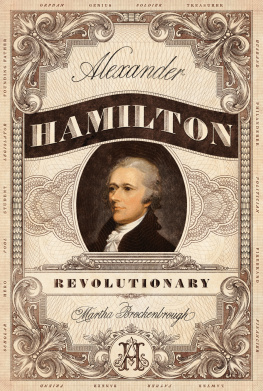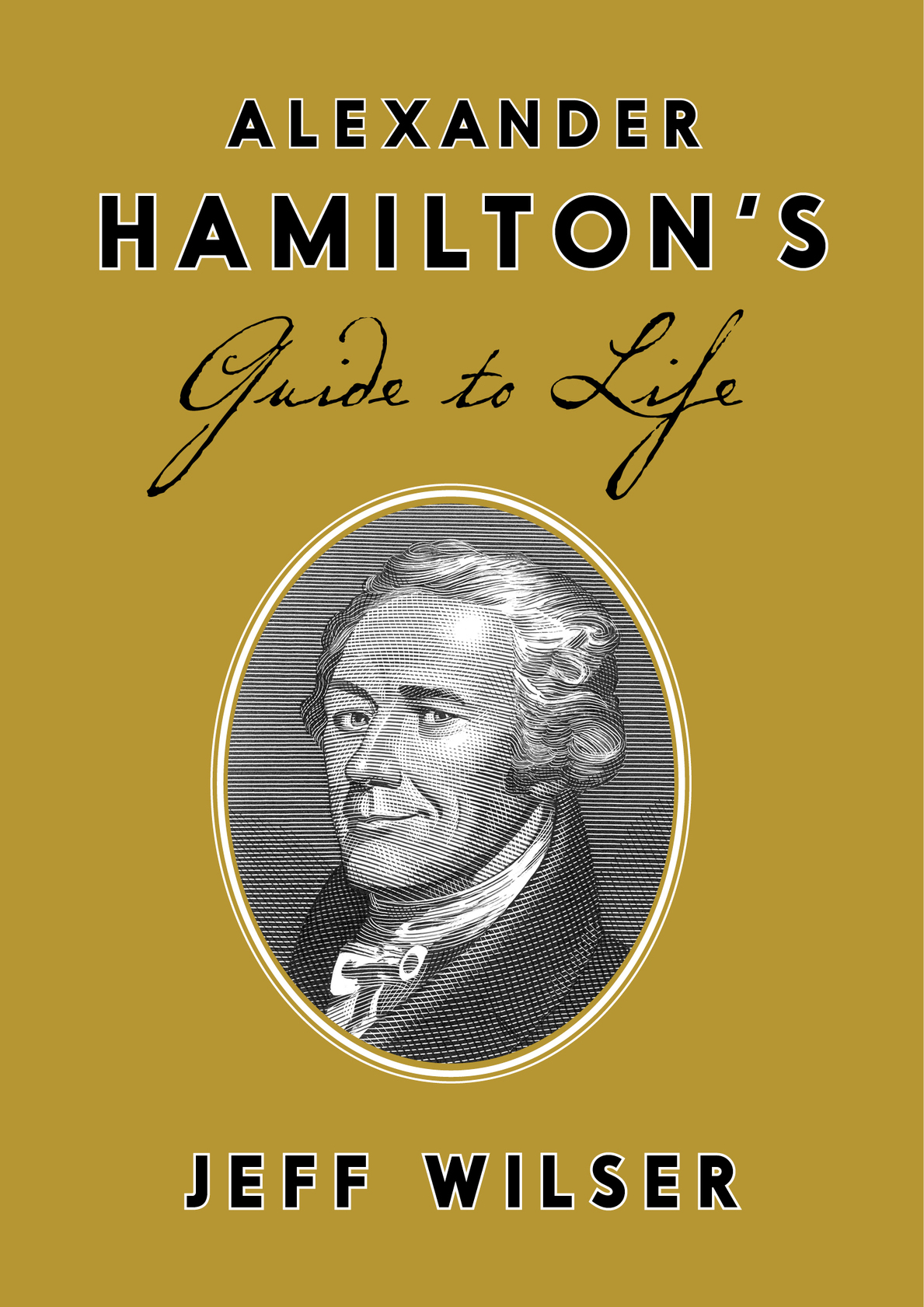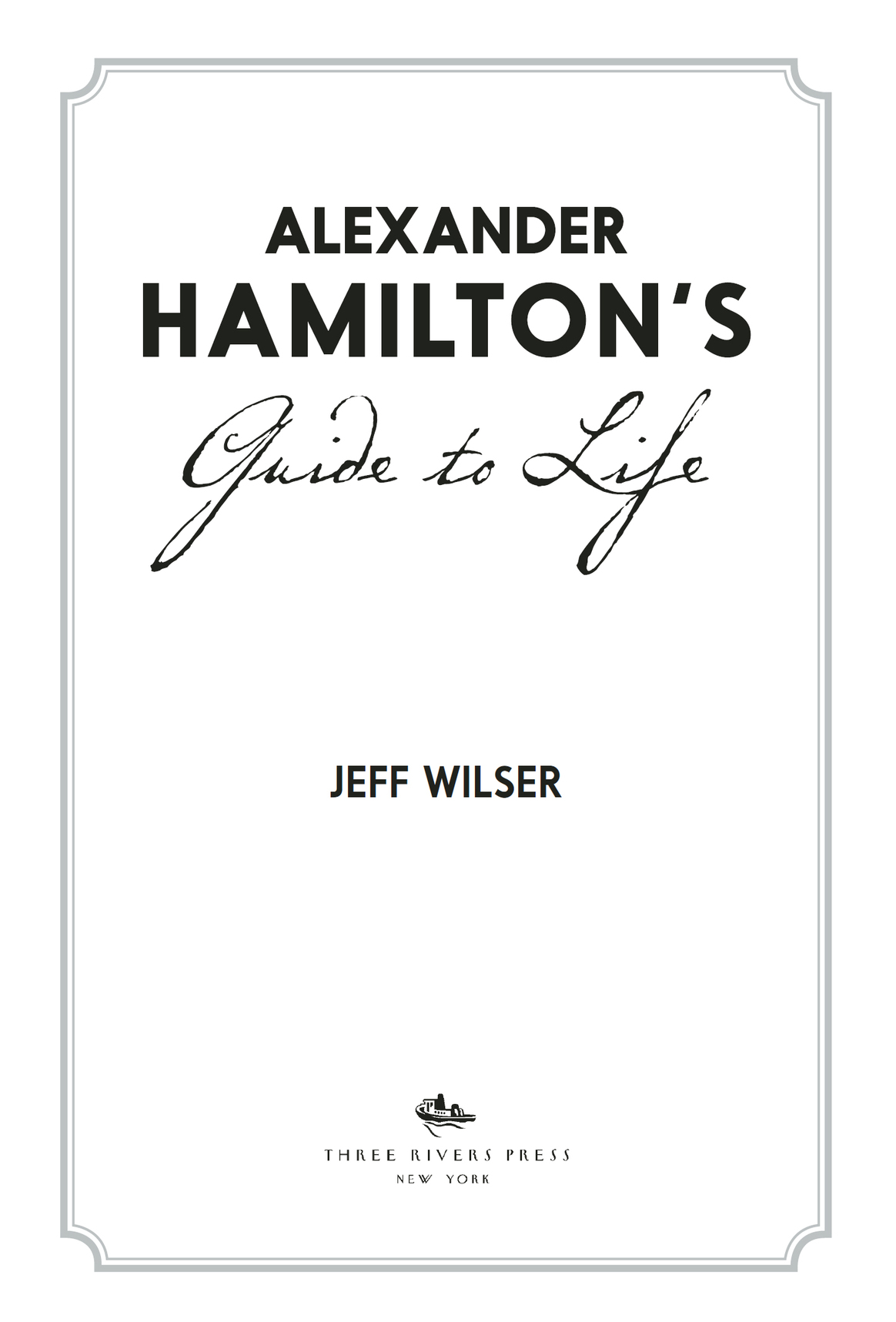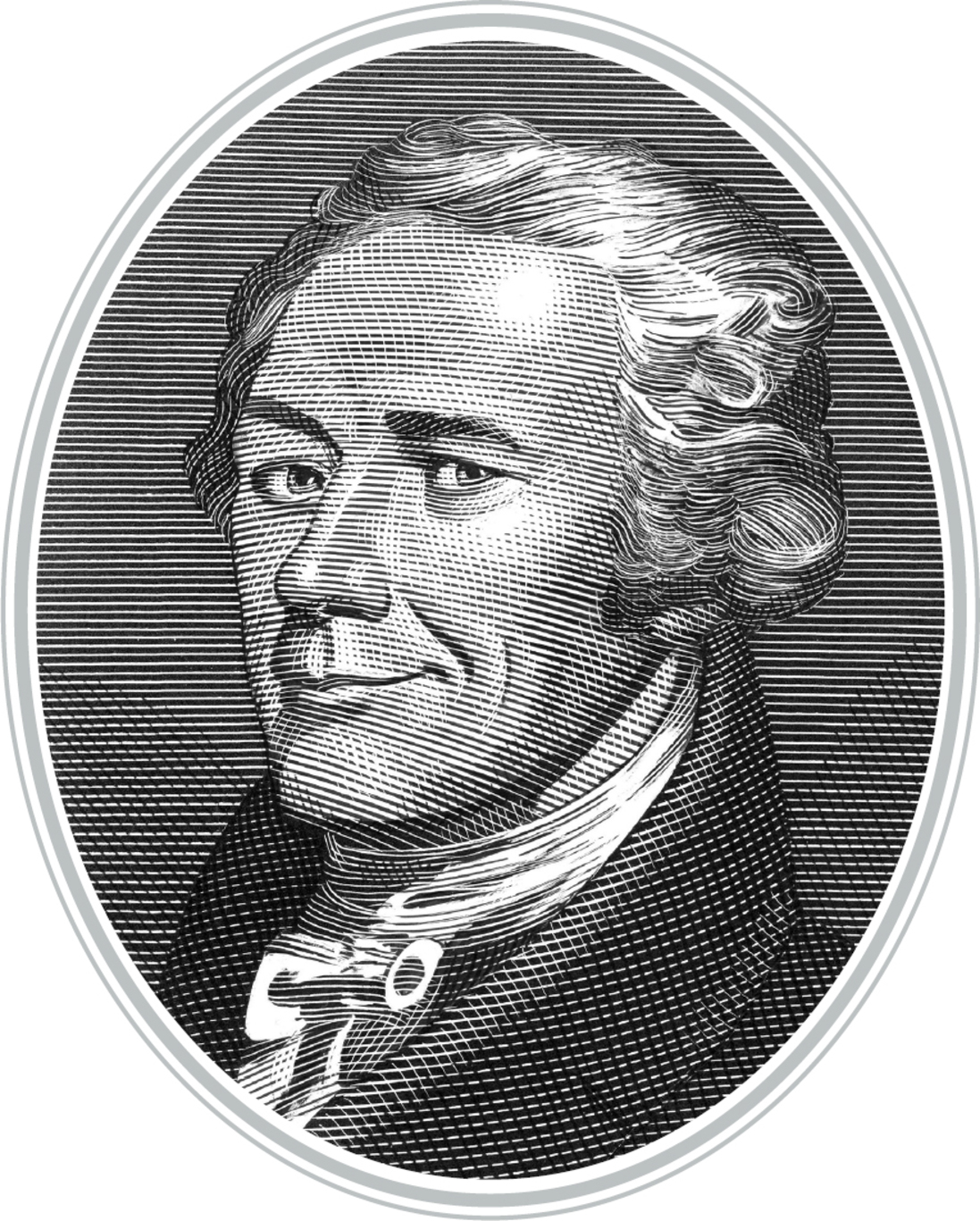Alexander Hamilton was a Founding Father, a war hero, the creator of the modern economy, and the winner of a silver medal for 2nd place in Dueling. But lets not kid ourselves. Until recently, people only knew three things about Hamilton: that hes on the $10 bill, that he lived a really long time ago, and that he (probably) wasnt a President.
So why the renewed interest?
On the most obvious level, of course, Hamilton fever is owed to the triumph of Lin-Manuel Mirandas musical. It connects the old and the young, the Left and the Right, the insiders and the outsiders. Its brilliant, gushed theater critic Barack Obama. This is the only thing that Dick Cheney and I have agreed on in my entire political career. It will be sold out through 2047. Credit the genius of Miranda, credit the soundtrack, and credit the electric (and thrillingly diverse) cast.
Yet theres a deeper reason were drawn to Hamiltonand thats the man himself. He feels somehow different from the other Founders, who, with their wise words and their marble statues, can seem more like myths than men.
Hamilton strikes us as human. Flawed. Fearless. Reckless.
He was an underdog. He dared to champion the unpopular. And like so many of us, he began at the bottom and clawed his way up. Whereas the other Founders were born with money and connectionsand, in many cases, slave plantationsHamilton was an orphan who sailed to America on a boat, armed only with big plans and bigger dreams.
He took classes at night, taught himself Latin, jumped at every chance for self-improvement. As a teenager, when stuck in a ho-hum job at a trading shop, he used the gig to learn bookkeeping, memorize foreign currencies, and master the art of negotiation. This lesson is timeless. For those of us not born into royalty, it can be reassuringeven inspiringto know you can do so much with so little.
Hamiltons life is jam-packed with lessons; anyone can learn from his core principles. True, its unlikely that you will ever fire a musket at the British, but we can all learn from the way that he led his troops, organized his time, and viewed the world through a wider lens. Anyone with a jobat any age, in any fieldcan appreciate the way he found a worthy mentor (George Washington), spoke with authority (even when he had none), and hustled for a promotion. And anyone who wants to win a duel, well, should maybe go purchase Aaron Burrs Guide to Life.
Hamilton didnt have much money, but he made up for it with a swagger, intellectual curiosity, clear vision, and a bottomless appetite for work. Alexander Hamilton did what we do; he just did it earlier. Because he was a great man, he generally did it better, suggests biographer Richard Brookhiser. His life, and the lives of his peers, can guide and caution us.
That is the goal of this book. It is not a traditional biography. Instead, its the kind of manual that Hamilton would have written himself, perhaps, had he lived to be an old man. Thats a bold claim, and of course Hamiltons actual Guide to Life would have been smarter, deeper, longer, and Founding Fatherier.
Yet we do know this: Hamilton loved his maxims. In one collection of his writings, he used the word 209 times. (Thats not a joke. I counted.) He clearly put real thought into his personal code of conduct.
On how to speak: Tis my maxim to let the naked truth speak for itself, and if men wont listen to it, tis their own fault; they must be contented to suffer for it.
On enjoying the moment: It is a maxim of my life to enjoy the present good with the highest relish, and to soften the present evil by a hope of future good.
On the merits of aggressiveness: I hold it an established maxim, that there is three to one in favor of the party attacking.
So, in some ways, this is a very modern kind of history book. It scrambles a mix of history, life advice, and the occasional reference to Luke Skywalker. Yet the format is ancient. And its a format thats inspired by Hamiltons own writings. As a soldier, young Captain Hamilton scribbled into his army journal, jotting down facts and lessons that he found interesting. He took many notes on Plutarch, who had a novel way of telling history: the ancient Greek shared the stories and struggles of great men (alas, always men, never women), and then he sussed out the implied life lessons. The virtues of these great men, writes Plutarch, serve me as a sort of looking glass, in which I may see how to adjust and adorn my own life. Hamilton devoured Plutarchs Lives. Its only fitting that we give him the same treatment.
But how do we know Hamiltons life lessons? Fair question. For guidance I leaned heavily on the towering works of Ron Chernow, Richard Brookhiser, Michael E. Newton, James Flexner, and a small library of historians. (These heroes have built a mountain with their research. We can now climb that mountain and admire the view, contemplate it, learn from it.) I trekked to the West Indies to trace Hamiltons footsteps on Nevis and St. Croix, I interviewed scholars, I rummaged through Hamiltons old letters and manifestos, and I spoke with the next best thing to a living Alexander HamiltonDouglas Hamilton, his fifth great-grandson, who often thinks about the advice from his ancestor. I was actually planning on writing a book like this, Hamilton tells me, laughing a bit. Now I dont have to. Thanks for checking off that box for me.


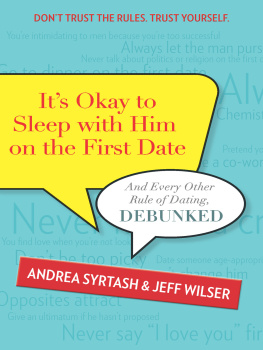
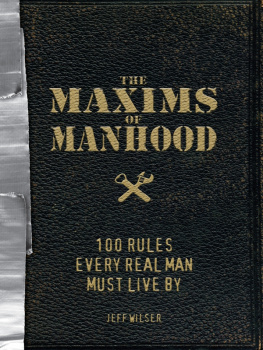
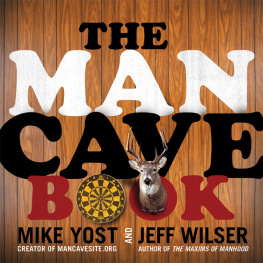
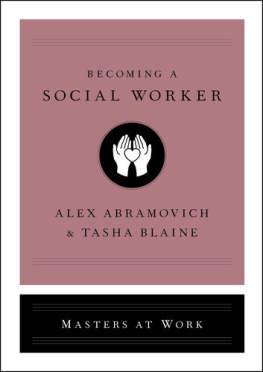
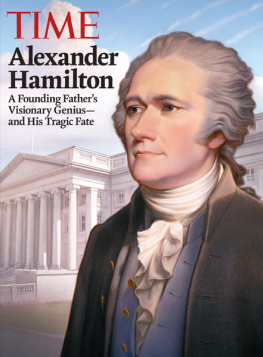
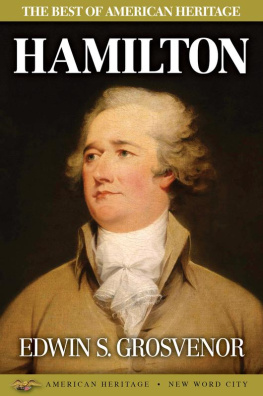
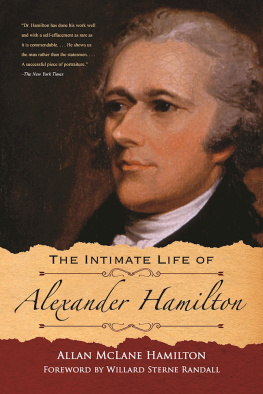
![A. K. ]]> - Rough Diamond: The Life of Colonel William Stephen Hamilton, Alexander Hamiltons Forgotten Son](/uploads/posts/book/377309/thumbs/a-k-rough-diamond-the-life-of-colonel.jpg)
